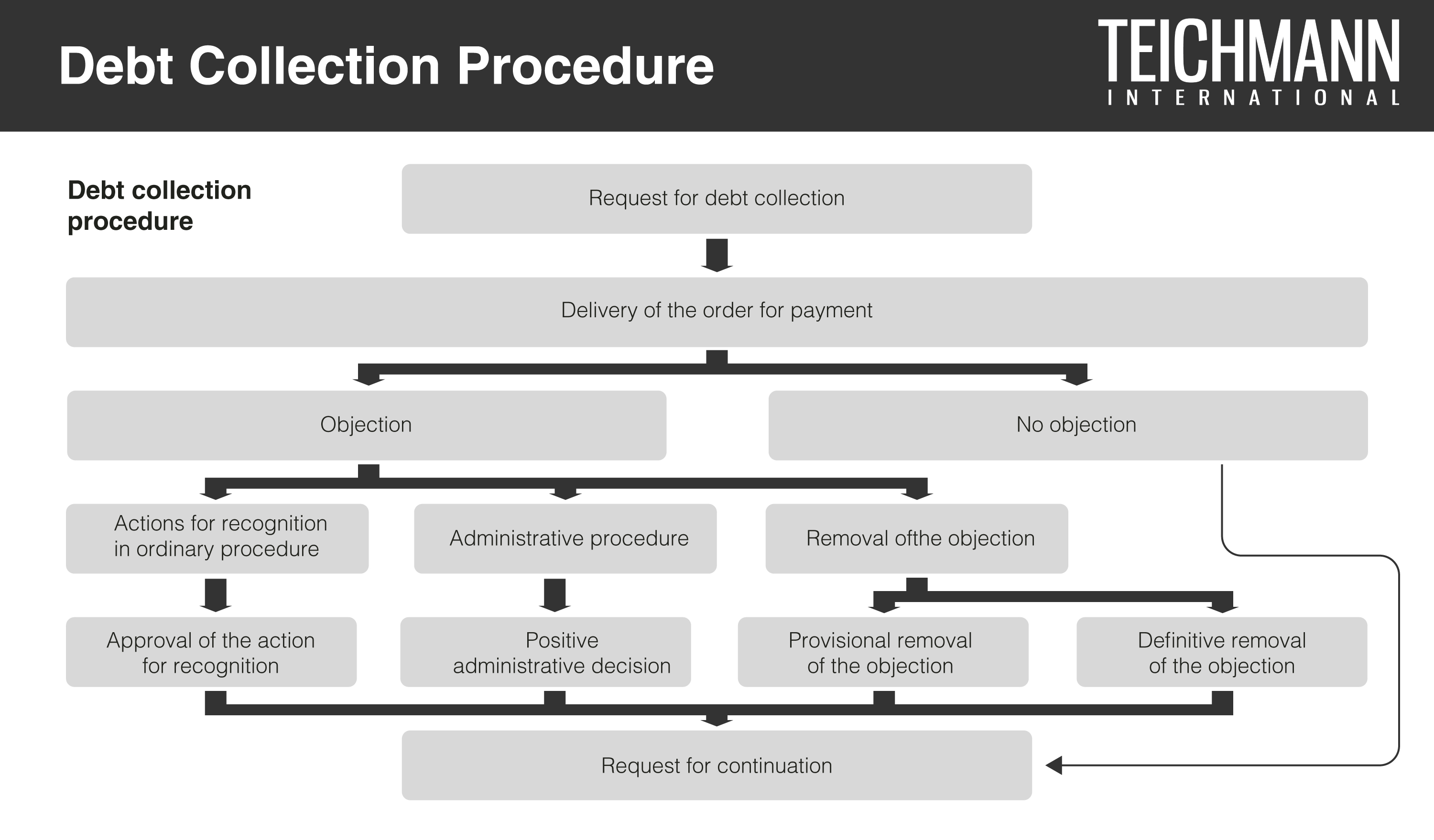-
 » Excellent «Unparalleled expertise is the
» Excellent «Unparalleled expertise is the
foundation of solid legal advice.
Debt enforcement and bankruptcy law standardizes the enforcement of claims in the form of monetary payments or security deposits by means of state power. Problems in connection with debt collection and bankruptcy law are extremely burdensome for both companies and private individuals, as they have a lasting impact on the future of the party concerned.
If the party is a company, the lives of thousands of employees may be affected if there is a reduction in staff or even the closure of the company. The effects on the immediate and wider environment of those affected should not be underestimated. Other stakeholders such as business partners, suppliers, customers, and others are also affected by the bankruptcy of a company and feel its impact.
For private individuals, too, debt collection and bankruptcy proceedings go hand in hand with a high psychological burden, because not infrequently the persons concerned have a responsibility towards their family members. At this point, however, it should be noted that parents are not liable for the debts of their children unless they have expressly undertaken to do so. Spouses are only jointly and severally liable if they have expressly undertaken to do so or if the debts are for the family's current needs. Among other things, wages, the income of self-employed persons, unemployment benefits, pensions and lump-sum benefits as well as mobile assets can be seized.

At best, however, such scenarios can be avoided by seeking the advice of a debt enforcement and bankruptcy lawyer at an early stage. Our law firm has many years of experience in dealing with debt enforcement and bankruptcy proceedings. We advise both private clients and players in the private sector on all bankruptcy law issues. Ideally, you consult us even before bankruptcy is filed. In these cases, we work with you to develop a strategy tailored to your individual interests and the initial situation to achieve the best possible outcome. It goes without saying that we always proceed in an economically sensible and efficient manner.